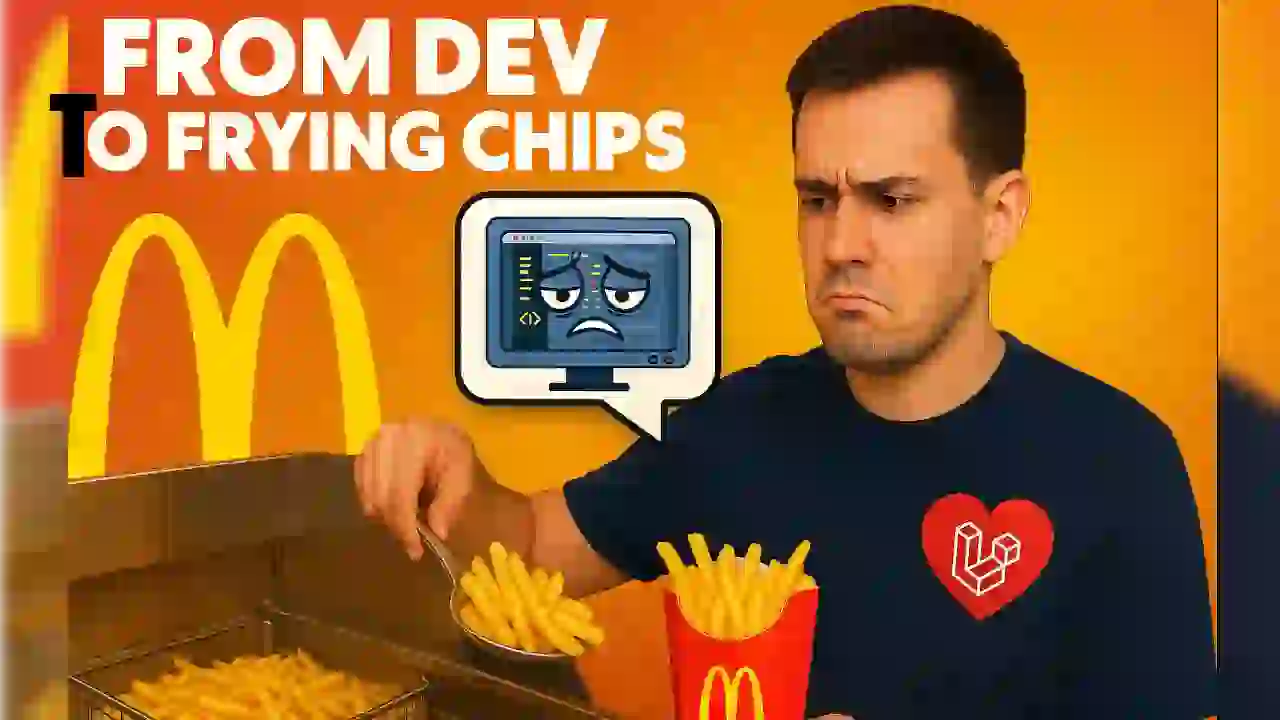Content Index
"I graduated in computer science, and the only company that called me for an interview was a fast-food chain," a McDonald's, so to speak. This connects with an opinion I shared a few weeks ago, in an article that said developers won't lose their jobs... but juniors will.
The problem of being junior, entry-level positions
By "juniors," I mean those with little work experience. This includes recent graduates—whether from a technical degree, a bachelor's degree, or an engineering degree—and also those learning programming at bootcamps. There used to be a popular saying that after taking a basic programming course, you automatically got a job.
To a certain extent, this was true, because software development always required people with different levels of experience. However, the situation has changed, and I've experienced it firsthand.
How AI Changed the Way I Work
I work alone, and before, I would have appreciated someone to help me with coding or writing articles. But now, AI fills that need in seconds and often with better results. The biggest impact, then, falls on entry-level positions: jobs that were previously reserved for juniors.
This doesn't just happen in IT; any digital profession with simple, repetitive tasks is vulnerable.
The reality of the job market
Another article mentioned that many graduates send thousands of applications without success. For example: someone sent 6,000 applications, got only 13 interviews, and one was at McDonald's… where they were rejected for lack of experience. It's a vicious cycle: to be a senior, you must first be a junior, but the opportunities to start are increasingly fewer.
Optimization and reduction of staff
AI doesn't just "replace" tasks, it optimizes processes. If a company with 20 developers can do the same work in less time thanks to AI, it can lay off some staff. Most will opt for this convenient solution rather than looking for more projects.
The "uncomfortable" alternative would be to expand and leverage that efficiency to grow, but few do so.
Conclusion and personal reflection
I think the problem isn't that "someone who uses AI better than you is taking your job," but rather that optimization itself leaves people out, especially juniors.
That's why I recommend taking advantage of these tools to create your own solutions, continue learning, and increase your opportunities.
